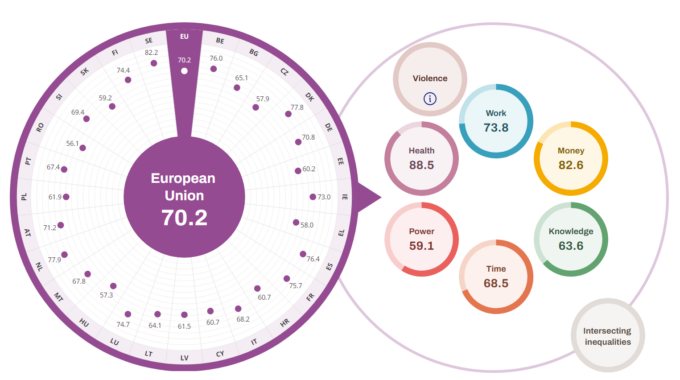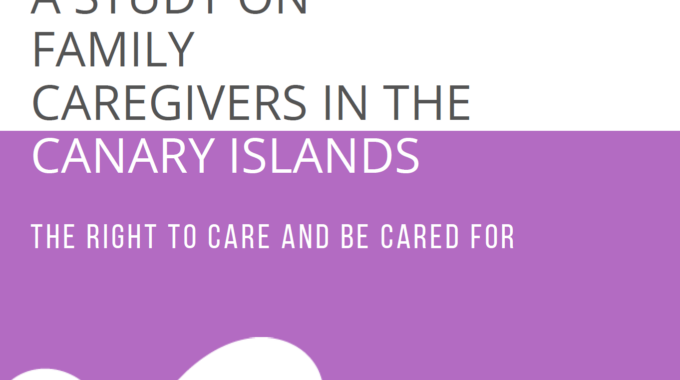
Focus on affordability of long-term care services among older people in the OECD and the EU social protection for long-term care in old age – New publication from OECD
Without social protection, the total costs of long-term care are very high. With the proportion of the population over 80 years-old projected to double by 2050 in the Organisation for Economic Co-operation and Development (OECD), growing numbers of older people will struggle with everyday activities. Long-term care (LTC) will become increasingly important given population ageing. The elderly receive help for LTC from their family or other informal carers, as well as from formal professional care services. Where older people who struggle with everyday activities do not have access to, or cannot afford, formal care, and where their families and friends cannot or will not support them, LTC needs will go unmet. Across 26 countries and subnational areas (henceforth jurisdictions) in the OECD and the European Union (EU), the reported total costs of LTC represent between one-half to as much as five times the median disposable income of individuals of retirement age or older (see Figure 1). Even for as little as 6.5 hours of care per week for people with low needs, the total costs of home LTC services would represent more than half of the disposable income of an older person with a low income. Without social protection, the majority of the elderly would not be able to afford LTC unless they have savings to draw on.
Read the short publication here
Access the full report here





